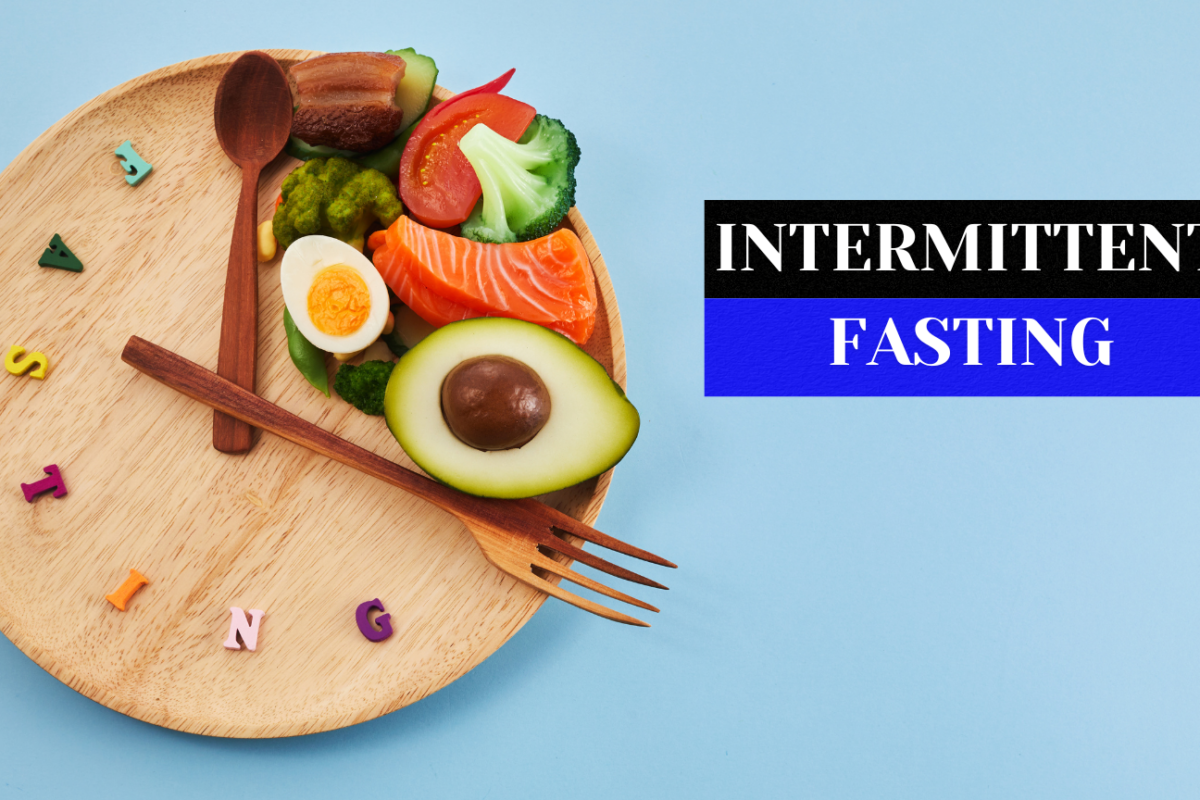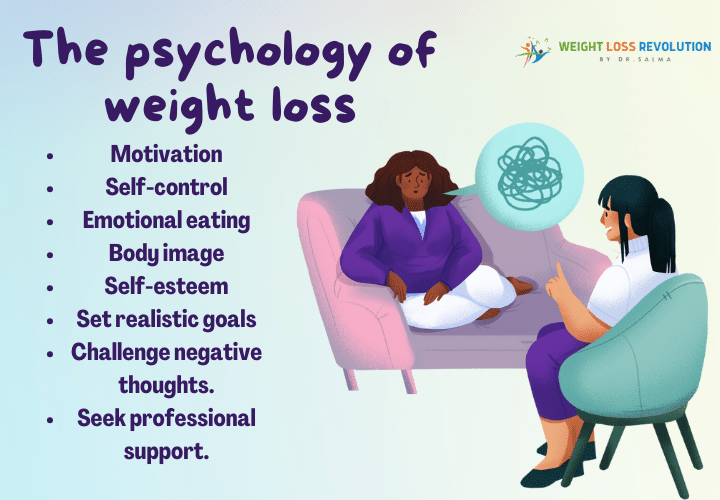Are you tired of trying fad diets that promise quick fixes but fail to deliver long-term results? Look no further than Weight Loss Revolution, where we’re dedicated to helping you achieve sustainable weight loss through proven methods like intermittent fasting and personalised weight loss plans. Intermittent fasting (IF) has garnered significant attention in recent years in almost every part of the world as a potential tool for weight management and overall health improvement. But is it the right choice for you?

16/8 Method
Fasting for 16 hours and eating within an 8-hour window.
5:2 Diet
Eating normally for five days a week and reducing calorie intake to 500-600 calories on the other two days.
Eat-Stop-Eat
Fasting for a full 24 hours once or twice a week.
Alternate-Day Fasting
Alternating between days of normal eating and fasting.
Potential Benefits of Intermittent Fasting
Intermittent Fasting has following benefits that are shared by our experts at Weight Loss Revolution;
Weight Loss and Fat Reduction
By reducing the eating window, Intermittent Fasting can lead to a lower overall caloric intake. Additionally, fasting periods may enhance hormone function to facilitate weight loss.
Improved Metabolic Health:
Intermittent Fasting can improve various metabolic markers, including insulin sensitivity, cholesterol levels, and inflammation.
Enhanced Brain Function:
Animal studies suggest that Intermittent Fasting might boost brain health by reducing oxidative stress, inflammation, and increasing the production of brain-derived neurotrophic factor (BDNF).
Longevity and Disease Prevention
Some research indicates that Intermittent Fasting may extend lifespan and protect against diseases like Alzheimer’s, heart disease, and cancer by enhancing cellular repair processes and reducing inflammation.

Potential Drawbacks and Considerations
While intermittent fasting has been shown to be effective for many people, it’s not for everyone. You may want to consult with a healthcare professional like the ones at Weight Loss Revolution before starting an intermittent fasting regimen. Intermittent Fasting have following drawbacks.
Hunger and Cravings
Fasting periods can lead to intense hunger and cravings, which might make it challenging to maintain the fasting regimen.
Nutrient Deficiency
Limited eating windows might lead to insufficient nutrient intake if meals are not well-balanced and nutrient-dense.
Social and Lifestyle Constraints
Intermittent fasting can interfere with social gatherings and family meals, making it less practical for some individuals.
Not Suitable for Everyone
Pregnant or breastfeeding women, individuals with a history of eating disorders, and those with certain medical conditions, like diabetes and low blood sugar should avoid it or consult a healthcare professional before starting.

Is Intermittent Fasting Right for You?
Deciding whether intermittent fasting is right for you depends on various factors, including your health goals, lifestyle, and personal preferences. Here are some steps to help you make an informed decision;
Assess Your Health Goals
Determine what you hope to achieve with Intermittent Fasting. Are you aiming for weight loss, improved metabolic health, or other benefits?
Consult a Healthcare Professional
Before starting Intermittent Fasting , especially if you have underlying health conditions, it’s crucial to seek advice from a healthcare provider.
Start Gradually
If you decide to try Intermittent Fasting, consider starting with a less restrictive method, such as the 16/8 method, and see how your body responds.
Monitor Your Body’s Response
Pay attention to how you feel during fasting periods. If you experience adverse effects like extreme fatigue, dizziness, or nutritional deficiencies, reassess your approach.
Focus on Nutrition
Ensure that the meals you do consume are balanced and nutrient-dense to avoid deficiencies and maintain overall health.

At Weight Loss Revolution, our team of experts will work with you to determine if intermittent fasting is right for you and create a personalised plan tailored to your needs and goals. With our support and guidance, you’ll be on your way to achieving sustainable weight loss and improving your overall health.Don’t wait any longer to achieve the body you deserve. Contact Weight Loss Revolution today to schedule a consultation and start your journey to a healthier, happier you!
References
- BSc, K. G. (2024, May 3). Intermittent Fasting 101 — The Ultimate Beginner’s guide. Healthline. https://www.healthline.com/nutrition/intermittent-fasting-guide
- Good Food Is Good Medicine. (2023, June 4). Intermittent fasting: Benefits, how it works, and is it right for you? good-food. https://health.ucdavis.edu/blog/good-food/intermittent-fasting-benefits-how-it-works-and-is-it-right-for-you/2022/02
- Intermittent Fasting: Is it Right for You? (2019, July 29). https://www.michiganmedicine.org/health-lab/intermittent-fasting-it-right-you
- Intermittent fasting: What are the benefits? (2022, May 5). Mayo Clinic. https://www.mayoclinic.org/healthy-lifestyle/nutrition-and-healthy-eating/expert-answers/intermittent-fasting/faq-20441303#:~:text=Intermittent%20fasting%20is%20safe%20for,doctor%20before%20starting%20intermittent%20fasting.
- Intermittent Fasting: What is it, and how does it work? (2023, September 29). Johns Hopkins Medicine. https://www.hopkinsmedicine.org/health/wellness-and-prevention/intermittent-fasting-what-is-it-and-how-does-it-work














